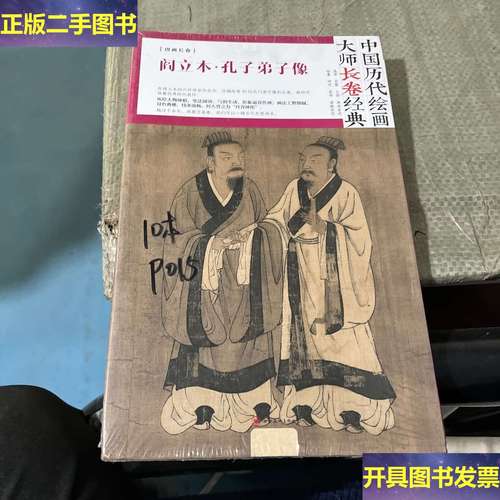How did ancient people prevent candidates from cheating in the imperial examination? The history encyclopedia editor brings relevant content to everyone. Interested friends, come and take a look!
However, in exams, people often use cheating methods to affect the fairness of the exam. In modern society, cheating in major exams has a chance of constituting a crime, especially in our college entrance examination system. Once cheating occurs in the college entrance examination, it will be punished by the law and affect the entire student’s life. Fortunately, with the development of science and technology nowadays, it is easy to detect the criminal facts of cheaters. So, in ancient times when science and technology were not advanced, how did people prevent cheating by candidates? What special means do they have to maintain the fairness of the exam? What are the specific aspects of punishment for cheating in exams?
There are many ways for ancient people to maintain fairness in the imperial examination system. The first one is to prevent candidates from impersonating their hometowns for the exam. Whether it was during the Tang and Song dynasties or later in the Ming and Qing dynasties, there were clear regulations on the imperial examination system, which prohibited candidates from taking the exam in other hometowns. For example, candidates from Henan province could only take the exam locally in Henan province and could not go to other provinces.
And different exam papers will be developed based on the different economic, political, and educational systems in each region. At the same time, the overall level of candidates varies greatly, with some regions having lower overall levels and others having higher levels. Therefore, in order to prevent high-level candidates from taking exams in areas with lower levels, it is strictly prohibited to impersonate their hometown. This system is similar to the current college entrance examination system.
However, after the An Lushan Rebellion, it became less strict. Candidates even brought their study materials into the examination room and could freely browse through them, similar to the current open book examination. During the Tang Dynasty, the search and inspection system was always unstable, abolished and established at times. However, even if a copy was found from a candidate, it did not affect their ability to continue taking the exam.
Therefore, in order to address this phenomenon, the Tang Dynasty adopted the system of locked houses, which has been passed down to this day and is still being used by people. The locked house system means that all officials related to the exam will be sealed off in the early stage of the exam to prevent them from contacting the outside world, and the closure will not be lifted until the exam is over. This approach can perfectly eliminate the connection between the officialdom and candidates.
Although these systems can to some extent prevent cheating by candidates, everything has a 100% certainty. However, these systems were already considered relatively fair in that era, but no one can guarantee 100% fairness. Only continuous strict prevention and adherence are necessary, just like the current college entrance examination system. With the continuous improvement of the country, the fairness is also constantly improving.


